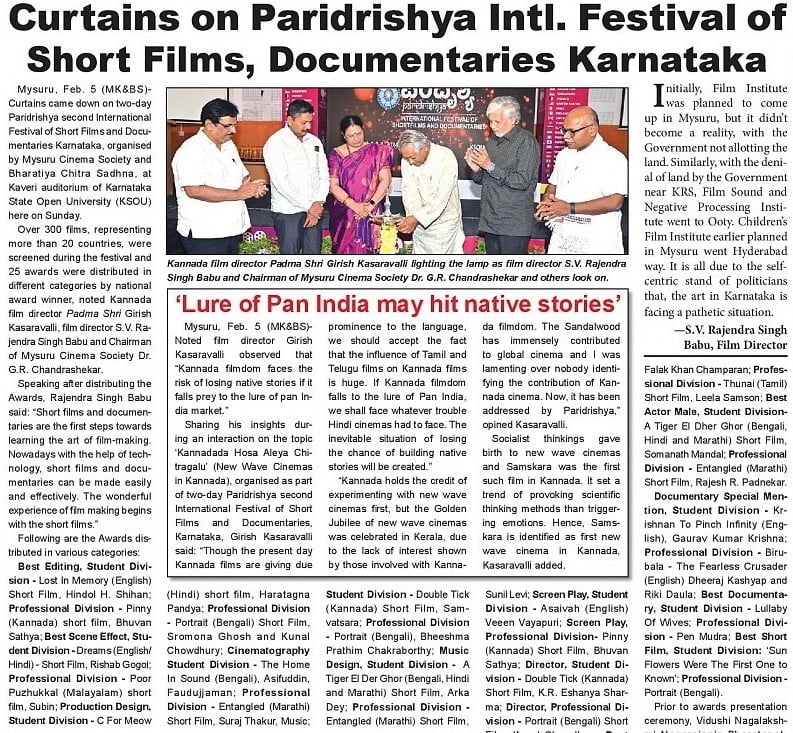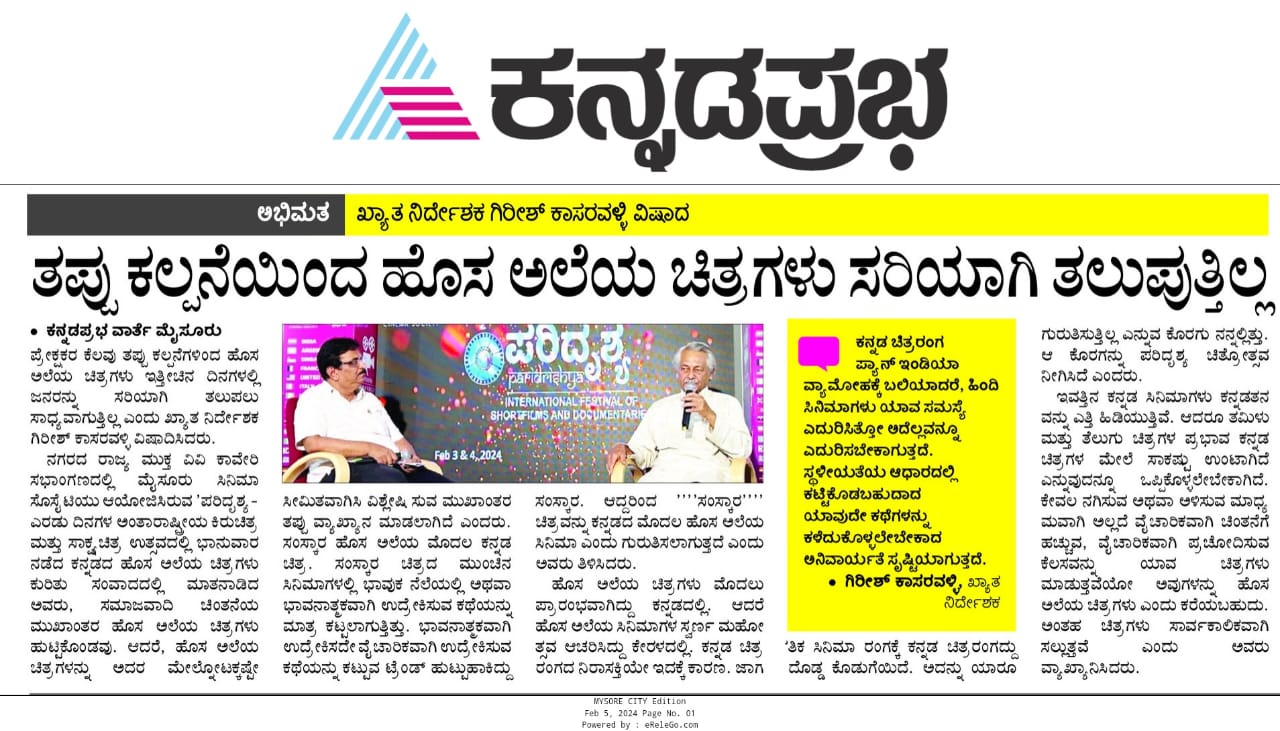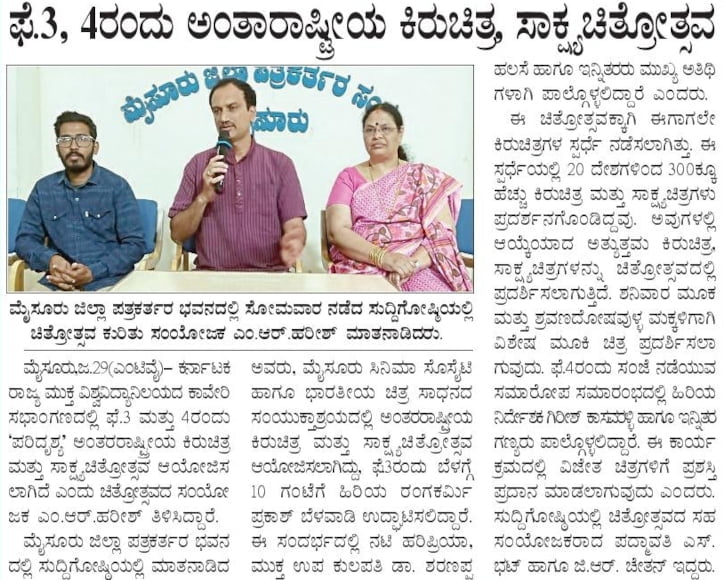Cinema as a Reflection of Culture
Cinema serves as a powerful mirror reflecting the contours of culture, capturing and depicting societal norms, beliefs, values, and practices in a manner that resonates with audiences. Films often encapsulate the ethos of their times, providing a cinematic lens through which we can observe and understand historical contexts and cultural shifts. For instance, the films of the 1960s, characterized by their exploration of countercultural themes and rebellion against traditional norms, vividly capture the spirit of the era’s social upheaval and changing values.
Moreover, cinema has the unique ability to preserve the cultural fabric of the times in which the films were made. This historical record is invaluable for both contemporary and future audiences seeking to grasp the nuances of past societies. For example, the neorealism movement in Italian cinema during the post-World War II period offered a stark portrayal of the economic and social struggles faced by ordinary people, providing an authentic snapshot of that era’s cultural landscape.
Different genres and cinematic eras further illustrate how movies reflect cultural shifts. Science fiction films of the late 20th century, such as “Blade Runner” and “The Matrix,” grappled with themes of technology and identity, reflecting contemporary anxieties about the rapid pace of technological advancement and its impact on humanity. Similarly, romantic comedies across decades have mirrored evolving attitudes towards love, gender roles, and relationships, showcasing the changing dynamics within society.
Cinema also offers a global perspective, representing diverse cultures and their unique customs, traditions, and narratives. Films from Bollywood, Nollywood, and other regional cinemas provide insights into the distinct cultural tapestries of their respective societies. Through these cinematic windows, audiences gain a deeper appreciation of the rich diversity that characterizes our world.
In essence, cinema not only entertains but also educates, serving as a cultural barometer that reflects and records the ever-evolving human experience. By examining films from various eras and regions, we can glean a comprehensive understanding of the intricate interplay between film and culture, observing how each influences and shapes the other over time.
Cinema as an Agent of Cultural Change
Cinema, as a powerful medium of storytelling, often transcends mere entertainment to act as a potent agent of cultural change. Through its ability to reach vast audiences, cinema challenges and transforms societal norms, beliefs, values, and practices. Filmmakers, as cultural commentators and visionaries, use their art to push boundaries and provoke thought, often sparking social movements and influencing public opinion.
For instance, films like “Guess Who’s Coming to Dinner” (1967) and “Philadelphia” (1993) addressed the contentious issues of interracial marriage and AIDS, respectively, at times when these topics were considered highly taboo. Such films not only reflected the existing societal tensions but also played a crucial role in normalizing conversations around these subjects, thereby contributing to cultural evolution. Similarly, the Bollywood film “Pink” (2016) brought the issue of women’s consent and safety into the mainstream dialogue in India, challenging deep-seated patriarchal norms.
Furthermore, cinema often serves as a mirror to society, reflecting its complexities and contradictions. Documentaries like “13th” (2016) by Ava DuVernay explore systemic racism within the United States’ prison system, prompting viewers to confront uncomfortable truths and advocate for change. The impact of such films is evident in the way they inspire discussions, debates, and even policy reforms.
Filmmakers, through their unique perspectives and creative expressions, embody the artistic and creative spirit of their times. Directors like Quentin Tarantino and Bong Joon-ho use their distinctive styles to comment on cultural and social issues, blending entertainment with profound messages that resonate with audiences globally. Their works not only entertain but also provoke audiences to reflect on their own societal contexts.
In essence, cinema stands as a vibrant expression of culture itself. It captures the zeitgeist, the spirit of the age, and in doing so, both shapes and is shaped by the cultural milieu. By presenting diverse narratives and challenging the status quo, cinema continues to be a dynamic and influential force in the ongoing dialogue about cultural change.







